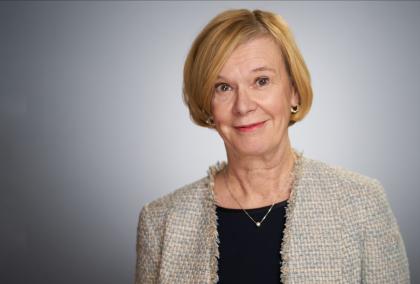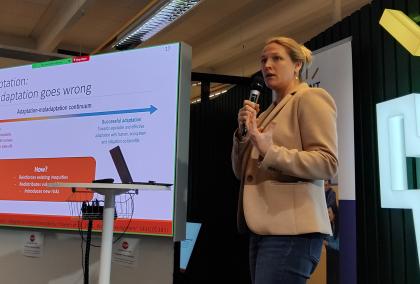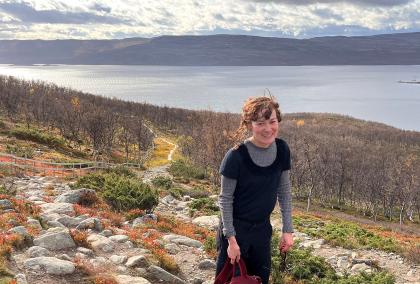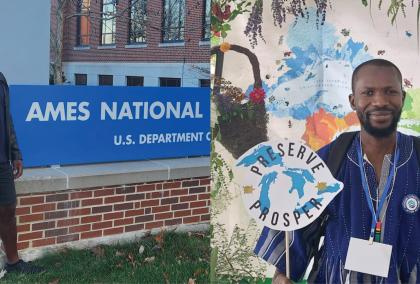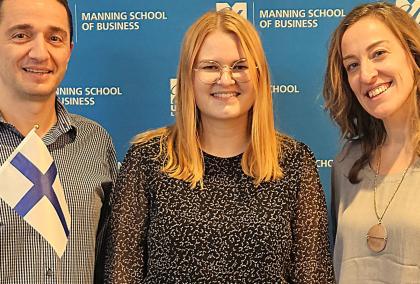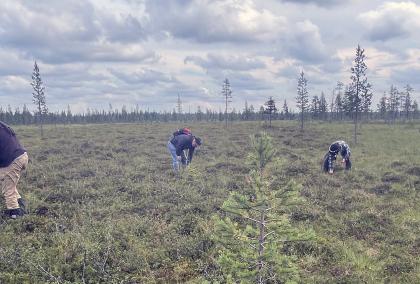

I get odd looks when I tell people that I am an Associate Professor of games, or that I am a game maker and a game researcher.
The study of games is not a new academic endeavor. Anthropology and sociology have long included games and sport as one of many aspects of culture.vEconomics has long used the language of “game” when referring to models/simulations and mathematics has long claimed the sub-field of game theory. However, it has only been in the last two decades that Game Studies has defined itself as a field of academic inquiry. Though I have yet to confirm it, I suspect that I am one of the first Game Studies Fulbright scholars and I could not imagine a more important place to spend this time than in Finland and at Tampere University in particular.
I won’t go into the history of the field of Game Studies, but it is worth noting that the organization that coordinates the largest Game Studies conference, the Digital Games Research Association (DiGRA) was founded at Tampere University in 2003. I was a young graduate student at the time, but it was important that this young field emerged in large part to Nordic interest and investment and viewing the study of games as an important scholarly activity.
Tampere University also hosts one of the longest running international Game Studies symposiums in the form of the “Spring Seminar,” which has been hosted since 2004. The Spring Seminar was my first reason to visit Tampere in 2014. That year’s seminar theme was, “Critical Evaluation of Game Studies.” Four years later I returned as a commentator and keynote speaker under the theme, “Making Games.” All told I have been fortunate enough to attend three of the Spring Seminars.
The Centre of Excellence in Game Culture Studies and the Game Research Lab at Tampere University has been the home to many premier scholars in the field of Game Studies over the years. This community of researchers has served as an international example of what an exceptional community of game researchers can accomplish when well supported. This is one of the reasons I came to do games research as a Fulbright Finland scholar.
The other reason I chose to pursue Fulbright-Tampere University Scholar Award is because of Finland itself.
The Finnish game industry is an interesting context for understanding how many game developers have come to structure their work in a “post” COVID time. My first book, Developer’s Dilemma: The Secret World of Videogame Creators was published in 2014. In that book I posed several challenges that I believed game developers throughout the world needed to face to cultivate more sustainable workplace practices. Amongst the mainstream game industries those challenges have gone unheeded in the last decade. My Fulbright project, “Making Games Differently,” is about finding and talking with game makers that have attempted to face some of these challenges.
Turns out that Finland is an exceptional context to begin this research. Many Finnish game developers have already worked to unionize to a greater extent than game makers throughout the world. Many have embraced more sustainable work-life balances and most significantly, Finnish game makers have done more to combat the long history of sexism in the workplace that has plagued game developer communities throughout the world.
While moving a third of the way across the world is never a simple undertaking, I have found the experience to be an exceptional one. Too often I hear people ask me, “Why come to Finland?” as if I was lost. However, the reality is that this has long been an exceptional place when it comes to studying games and I am honored to have the opportunity to work with my Finnish colleagues.
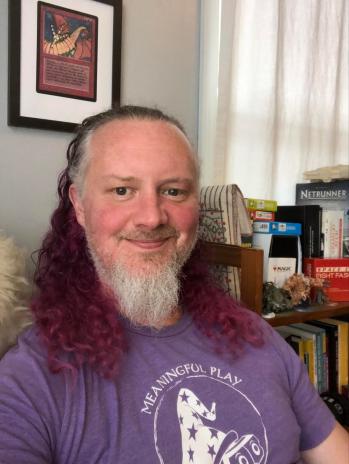
Casey O’Donnell, Ph.D.
Associate Professor
2023-24 Fulbright-Tampere University Scholar
Centre of Excellence in Game Culture Studies
Game Research Lab
Tampere University
Department of Media and Information
Games for Entertainment and Learning Lab (GEL)
Michigan State University
Read the Fulbright Finland News 2/2023!
